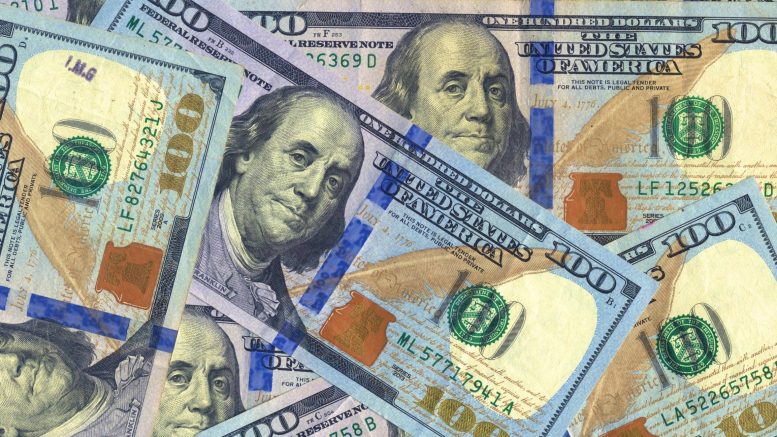More than half of fast-food workers rely on public assistance programs like food stamps.
By Alina Selyukh
NPR (11/6/19)
Former McDonald’s CEO Stephen Easterbrook is getting an exit package of almost $42 million after his relationship with an employee was found to violate company policy. The size of his compensation puts a new focus on the widening gap between the pay at the top and the bottom of the corporate ladder.
According to an analysis by executive-compensation experts at Equilar, Easterbrook’s exit package totals $41.8 million, which includes six months of severance pay, shares he can cash out in the future and other equity. And that amount is in addition to $23.8 million in stock options that Easterbrook can exercise now.
“A big story of the income inequality and explanation for it is that top executives, and in particular the CEO, does have the exploding pay compared to the rank and file. And this is an example of that.”
“Wow, he is walking away with a lot of money,” says Cornell Law School professor Stewart Schwab, an expert on employment law. “And it comes out as part of the story of just, wow, [the] 1% gets a lot more money than the rest of the workers in this economy.”
It’s relatively unusual for a CEO to receive a severance package after being fired. But the board of directors at McDonald’s determined his firing to not be for cause — a threshold that varies by company. And litigation in a protracted dispute can be tricky and expensive. …
Read The Rest And 3-Minute Audio
(Commoner Call photo, 2019. Open source and free for non-derivative use with link to www.thecommonercall.org )
*****
While Corporations Profit Off Their Labor 52 Percent Of Fast Food Workers Need Government Assistance To Make Ends Meet
It costs tax payers nearly $153 billion each year.
By
For many restaurant employees, having a full-time job doesn’t mean they can make ends meet. Not only do 40 percent of fast food workers live in poverty, a new study by the Berkeley Center for Labor Research and Education shows that nearly 52 percent of all fast food workers are dependent upon public assistance programs such as food stamps, Medicaid, and child care subsidies. The report adds that some states like California and New York spend over $3 billion on public assistance a year.
Co-author Ken Jacobs notes that “when companies pay too little for workers to provide for their families, workers rely on public assistance programs to meet their basic needs… this creates significant cost to the state. It also creates a significant cost to tax payers, who shell out just under $153 billion dollars each year to help fund these public assistance programs. McDonald’s employees cost the federal government and tax payers over $1.2 billion alone. Essentially, writes the New York Times, tax payers are giving large companies that pay low wages, such as McDonald’s, “huge subsidies.” Tax payers are picking up the difference “between what employers pay and what is required to cover what most Americans consider essential living costs. The study notes that this is “the hidden cost of low-wage work.”
The New York Times notes that the strikes for higher wages, and the growing number of states that have increased, or plan to increase the minimum wage will help “recover public funds from employers of low-wage workers.” Researchers add that “raising wages would result in significant savings to state and federal governments.” Some states are even going so far as to require employers to pay a fee to the state for each employee that earns less than $15 per hour. Others will publish the names of employers who have more than 100 employees receiving Medicaid, and how much that costs the state.
While employers are starting to increase the salaries of their employees — McDonald’s announced that it is giving a dollar per hour raise to a certain subset of its workers — they are still trying to fight minimum wage increases in court.


